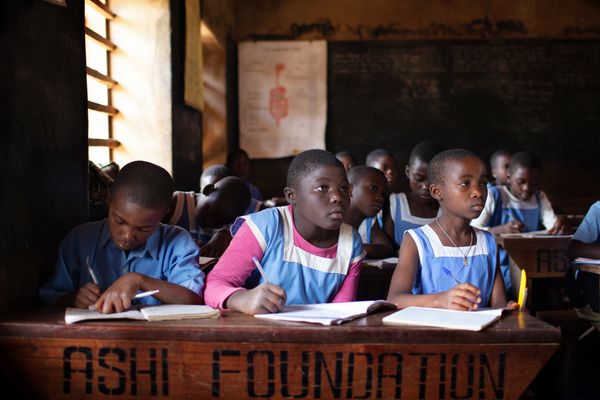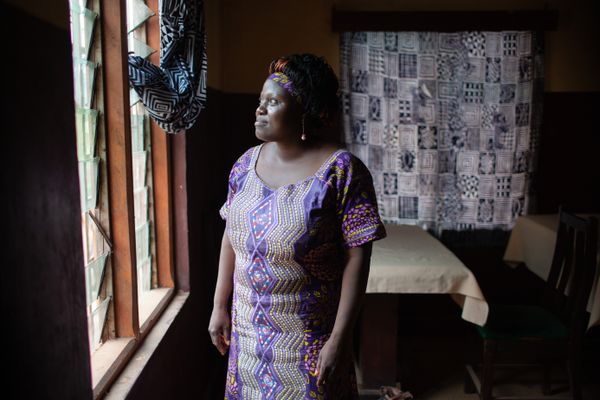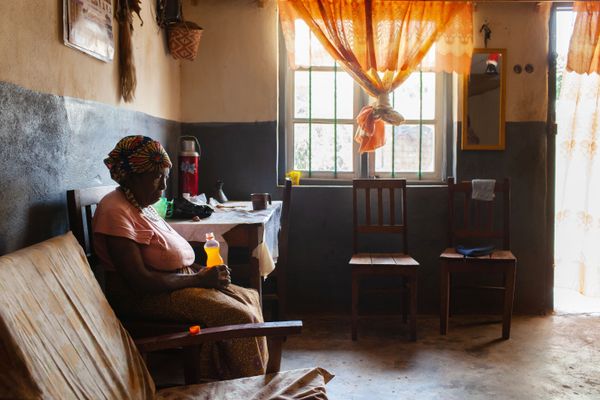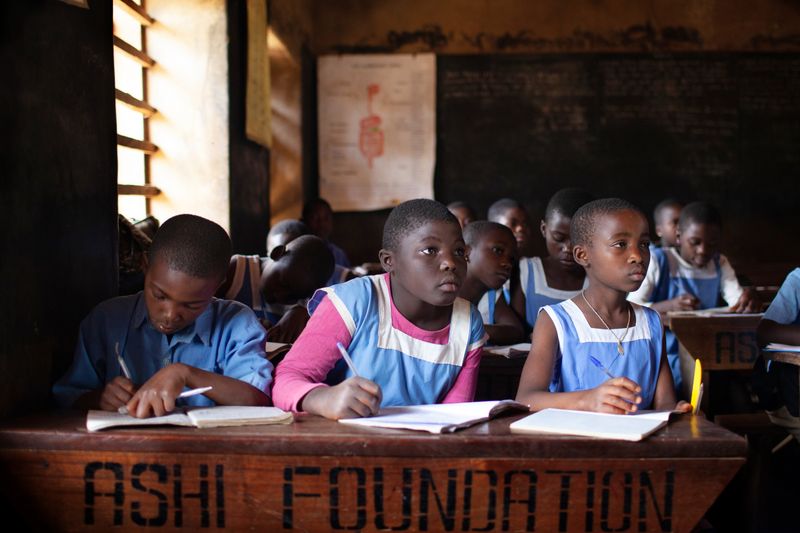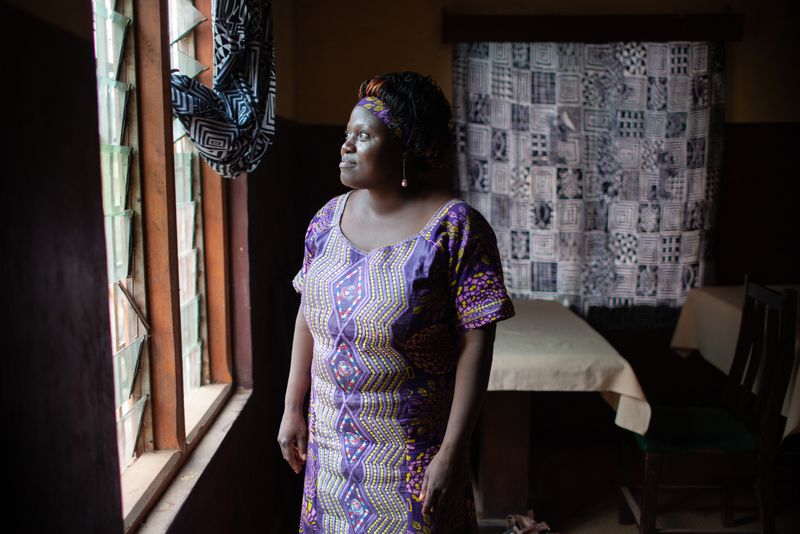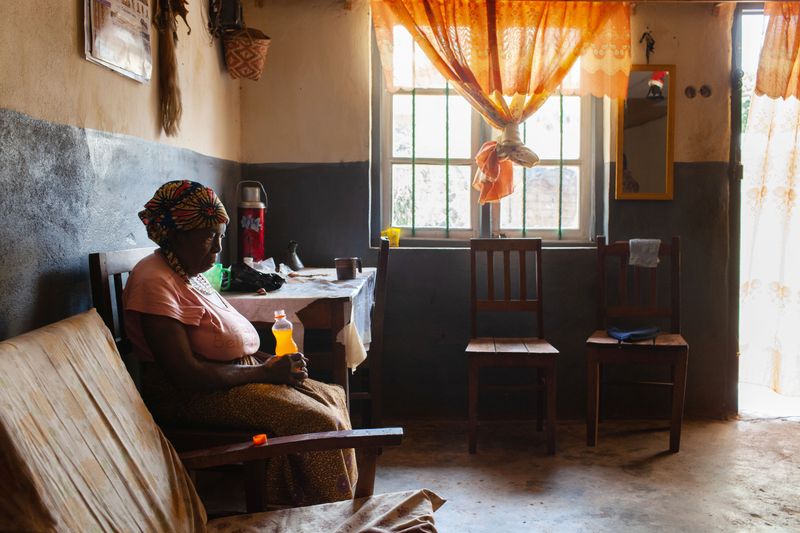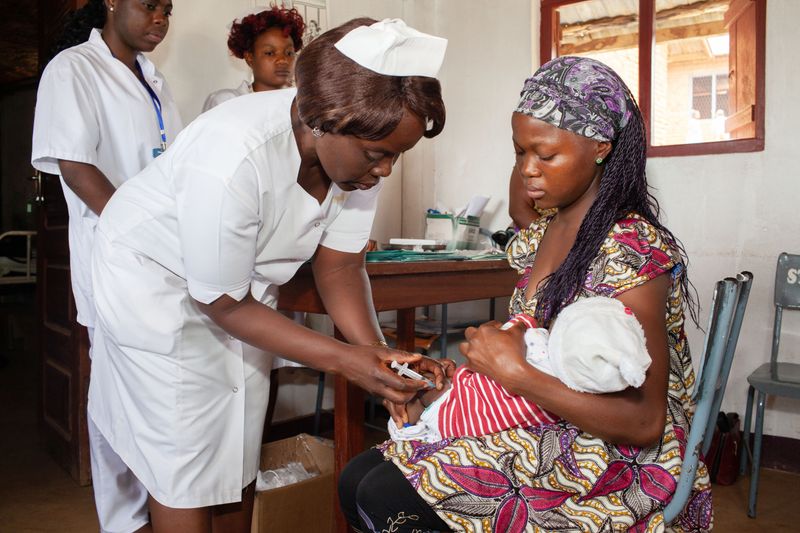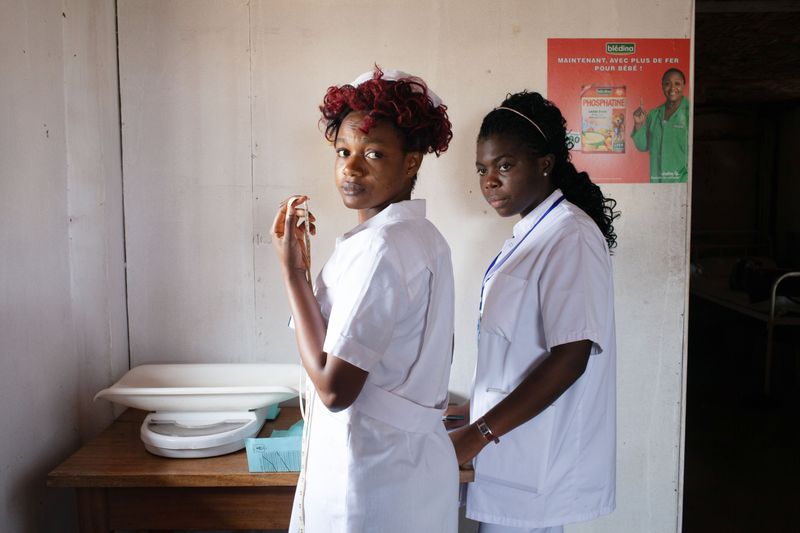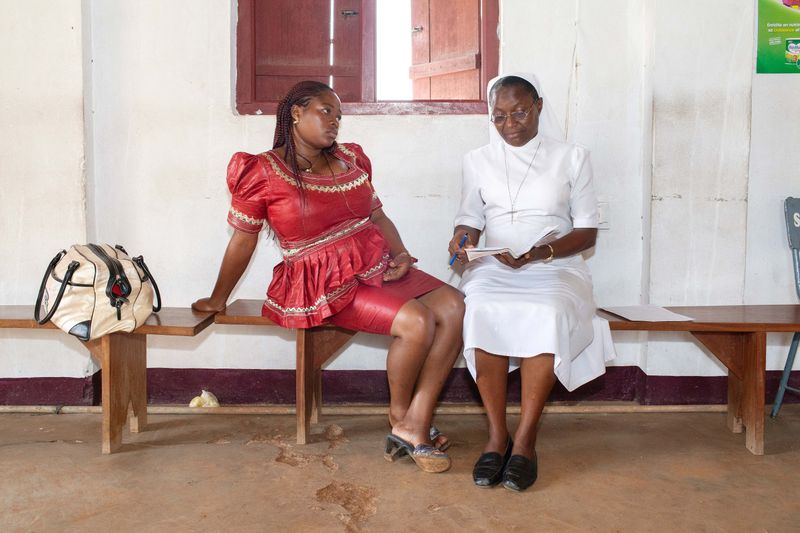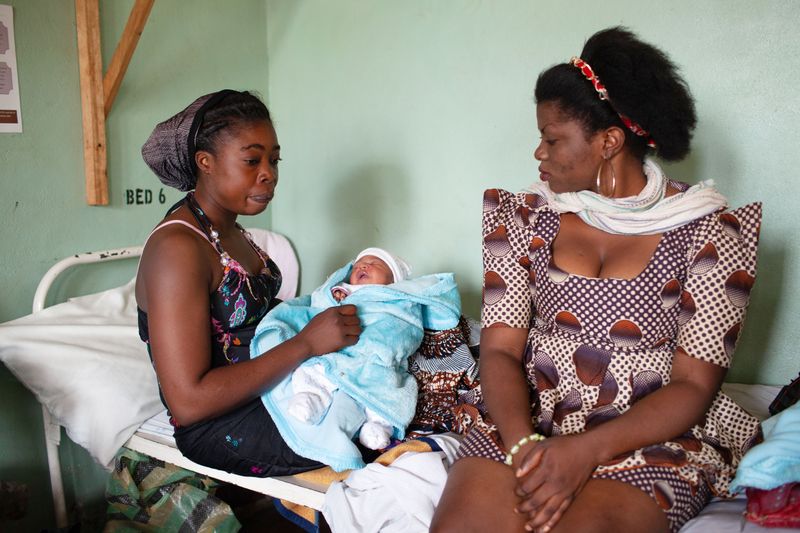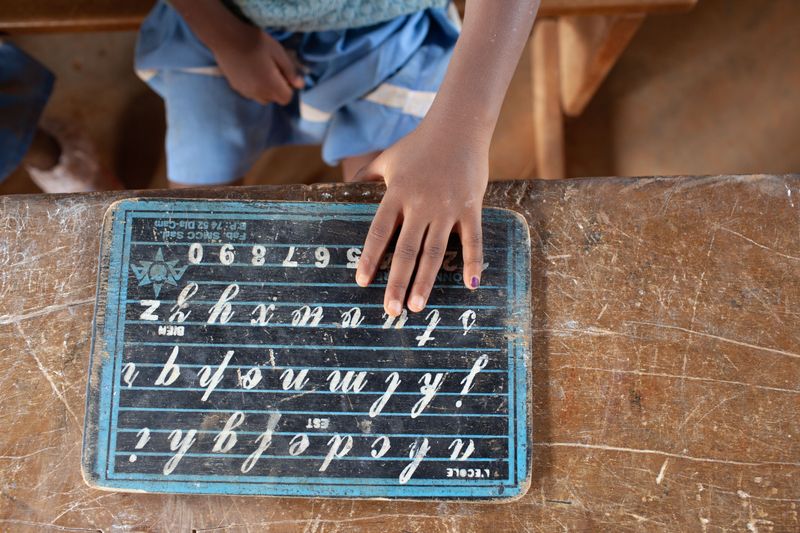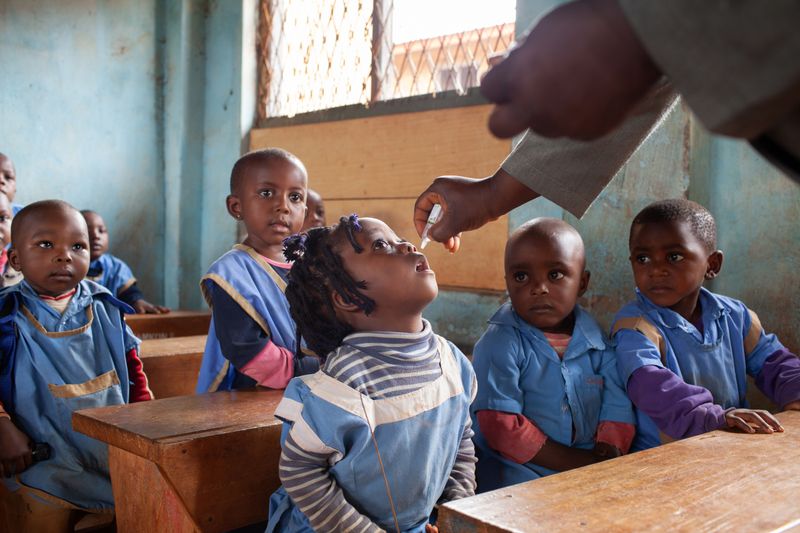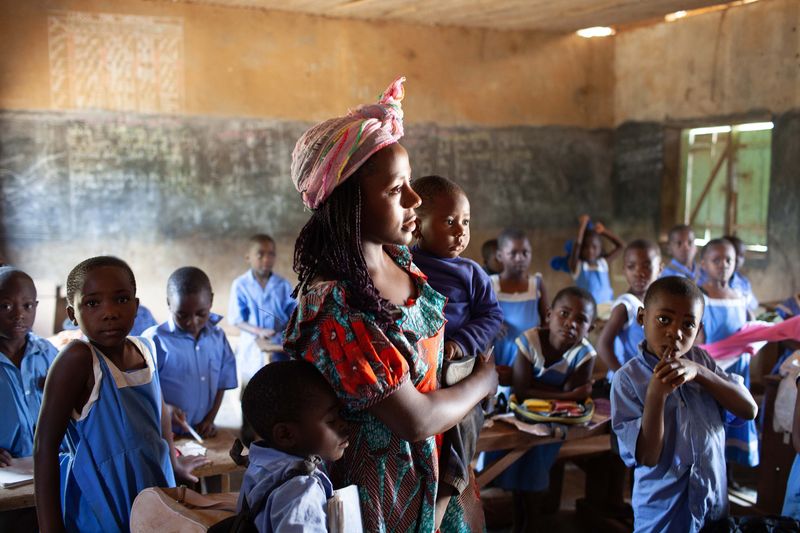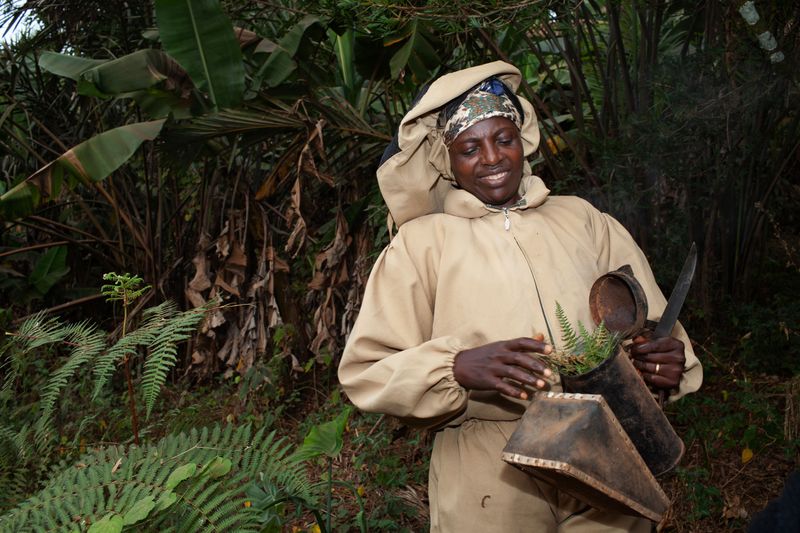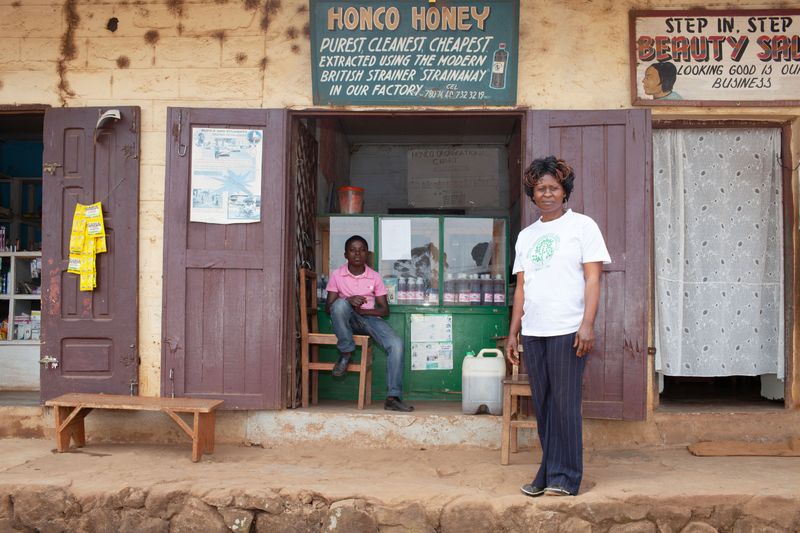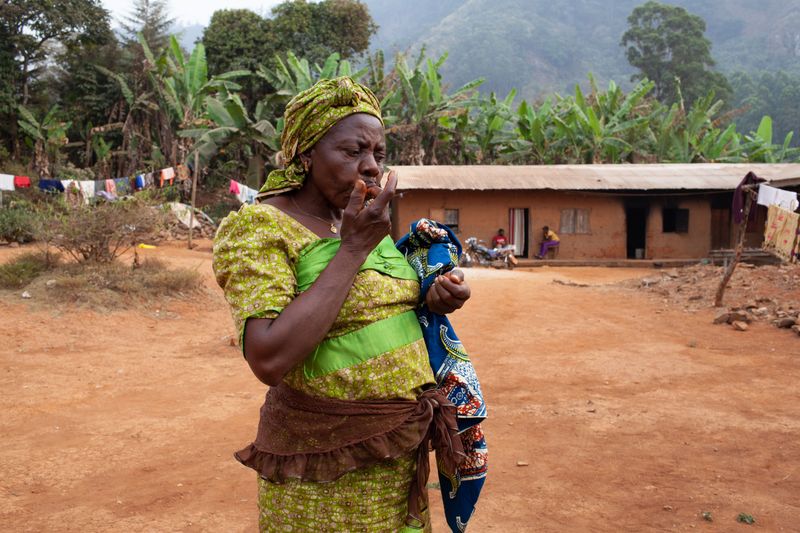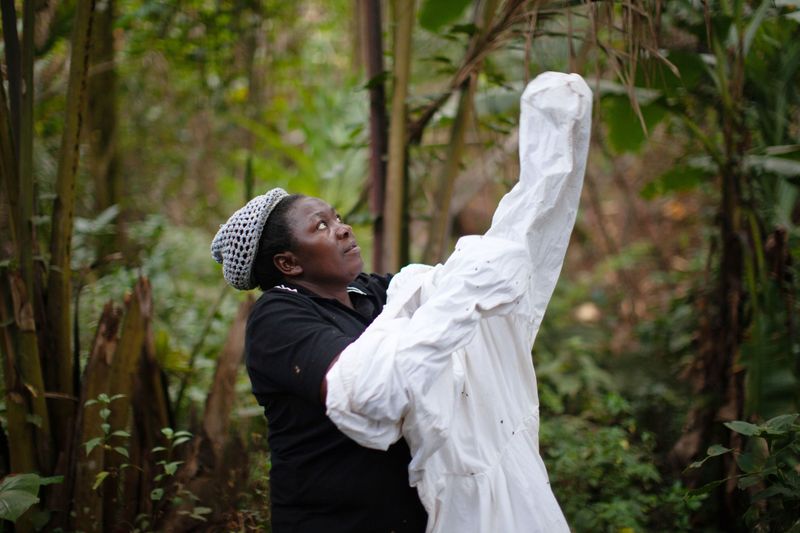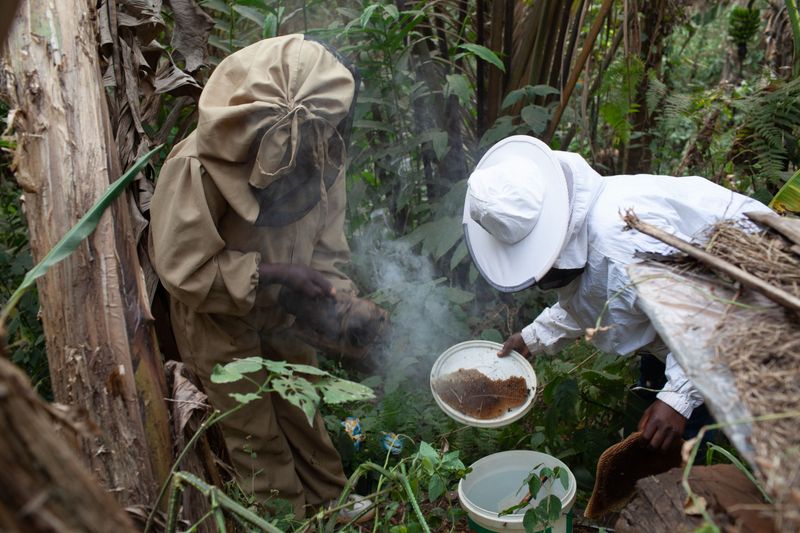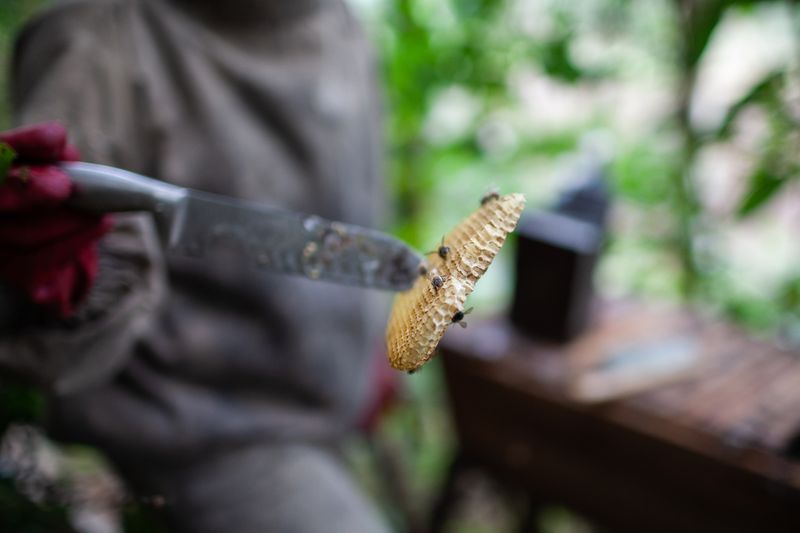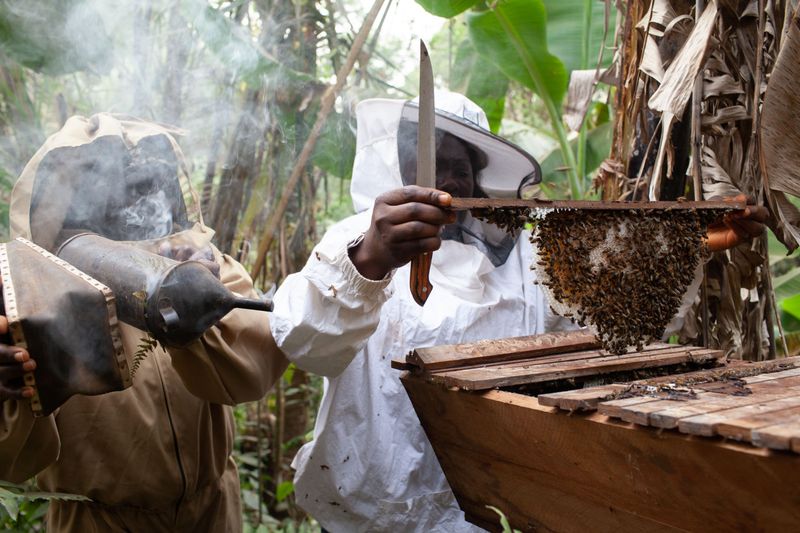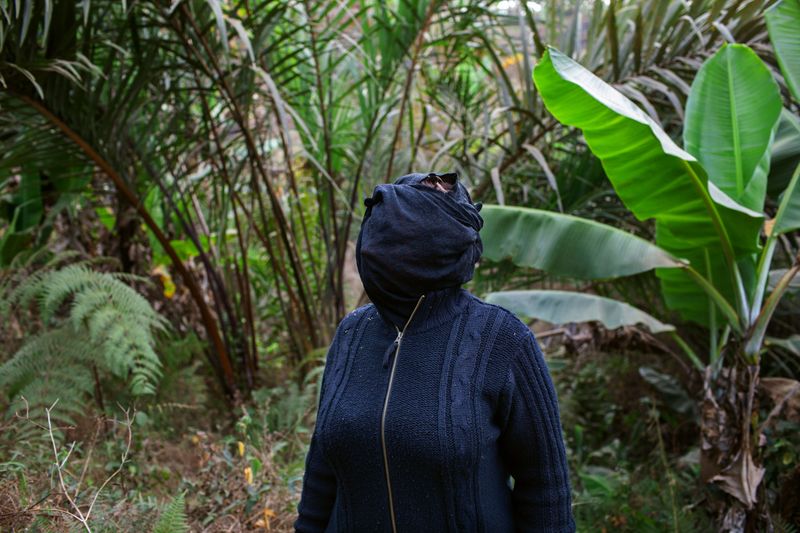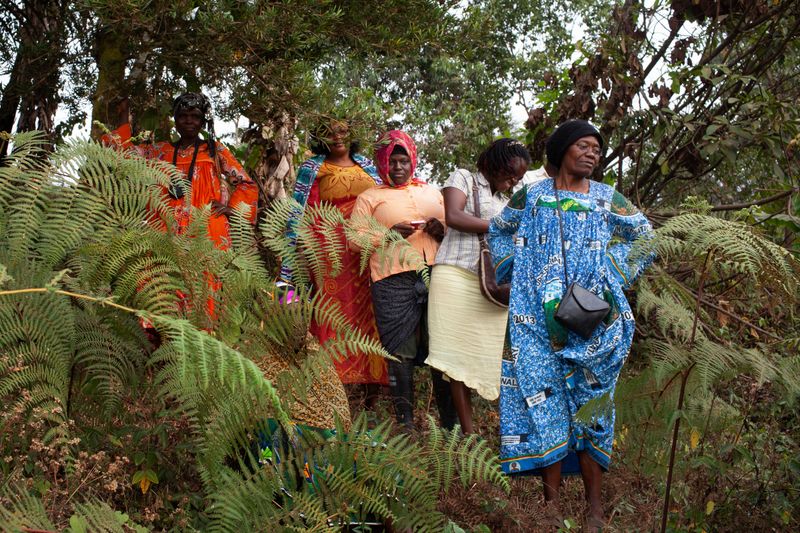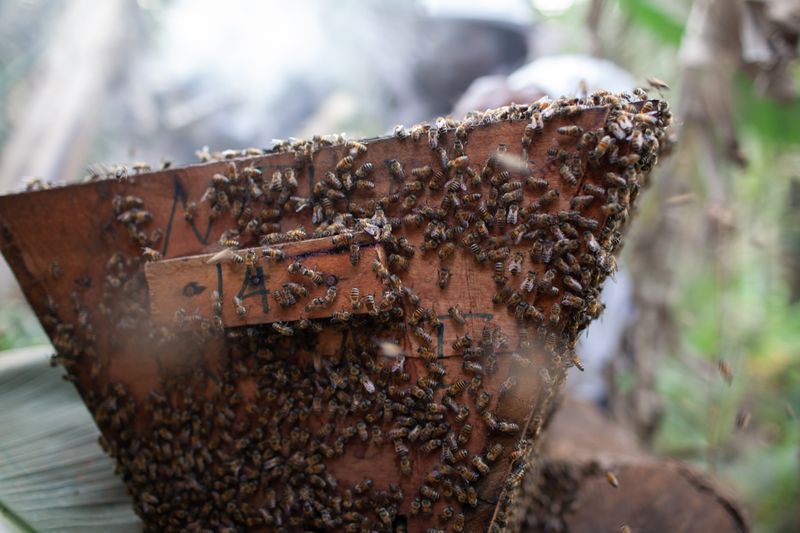The Women Beekeepers of Bamenda
-
Dates2014 - 2014
-
Author
- Location Bamenda, Cameroon
Situated in the town of Bamenda, North West Cameroon is a cooperative of women beekeepers. Its founder member Marianna Tanda Fumsi became interested in beekeeping when she volunteered in a honey shop to gain work experience.
With a passion for woman's issues, Mariana recognised the potential for training women to keep bees as a means of generating income through the sale of honey and related products such as soap, wax and medicinal products.
In Cameroon, as with many African countries, approximately 40% of the population in the country live below the poverty line, and some parents find it extremely hard to provide for even the most basic needs. With this degree of deprivation, children have little or no hope of accessing healthcare and education which ultimately makes all the difference to the future development of the children, their families and the wider community.
Networking between grassroots woman's organisations means there are several similar woman's cooperatives in the Northwest region that includes beekeeping cooperatives in the towns of Belo, Fundong and Bamendankwe. While each offers training for those who want to learn apiary craft, they also aim to offer support and education to women within these communities and beyond.
The women of such cooperatives are agents of change and have long recognised the need to support each other and work together to enrich their lives and that of their families while living in harmony with each nature.
